HIT GIRLS
Journalist and podcaster Princiotti isn’t ashamed of her pop-music obsession, and thinks you shouldn’t be, either. She traces her love of the genre back to 2003, when she was 9, and “Hilary Duff was the single most important person in the world to me outside my immediate family.” The subject of Princiotti’s book is the female pop stars of the early 21st century, who, she says, “expanded our understanding of what a pop star could be and forced the industry around them to take them seriously.” First among equals in this cohort is Britney Spears, who introduced young fans to “independence, agency, and self-expression” and who was the subject of misogynistic sneers from the media and “girl-on-girl crime and slut-shaming” by some of her peers. Princiotti considers the rise and fall of other pop singers, including Avril Lavigne, who claimed to have “created punk for this day and age,” and Ashlee Simpson, whose career was derailed by a disastrous Saturday Night Live performance. She also writes about the singers who maintained their star power, including Beyoncé, whose “Crazy in Love” launched her solo career, and, of course, Taylor Swift, who along with her fans and the internet “built modern fandom to be massive, persistent, and motivated.” Princiotti’s argument is that these stars never got the respect they deserved for “confronting old assumptions about genre, challenging the perception of celebrity and utilizing new technologies and the burgeoning internet to its fullest,” and she argues it very well, drawing on cultural history and journalism to prove that the singers were sui generis and not just retreads of earlier entertainers. As she convincingly asserts, the musical era was richer and deeper than some give it credit for.


Journalist and podcaster Princiotti isn’t ashamed of her pop-music obsession, and thinks you shouldn’t be, either. She traces her love of the genre back to 2003, when she was 9, and “Hilary Duff was the single most important person in the world to me outside my immediate family.” The subject of Princiotti’s book is the female pop stars of the early 21st century, who, she says, “expanded our understanding of what a pop star could be and forced the industry around them to take them seriously.” First among equals in this cohort is Britney Spears, who introduced young fans to “independence, agency, and self-expression” and who was the subject of misogynistic sneers from the media and “girl-on-girl crime and slut-shaming” by some of her peers. Princiotti considers the rise and fall of other pop singers, including Avril Lavigne, who claimed to have “created punk for this day and age,” and Ashlee Simpson, whose career was derailed by a disastrous Saturday Night Live performance. She also writes about the singers who maintained their star power, including Beyoncé, whose “Crazy in Love” launched her solo career, and, of course, Taylor Swift, who along with her fans and the internet “built modern fandom to be massive, persistent, and motivated.” Princiotti’s argument is that these stars never got the respect they deserved for “confronting old assumptions about genre, challenging the perception of celebrity and utilizing new technologies and the burgeoning internet to its fullest,” and she argues it very well, drawing on cultural history and journalism to prove that the singers were sui generis and not just retreads of earlier entertainers. As she convincingly asserts, the musical era was richer and deeper than some give it credit for.
















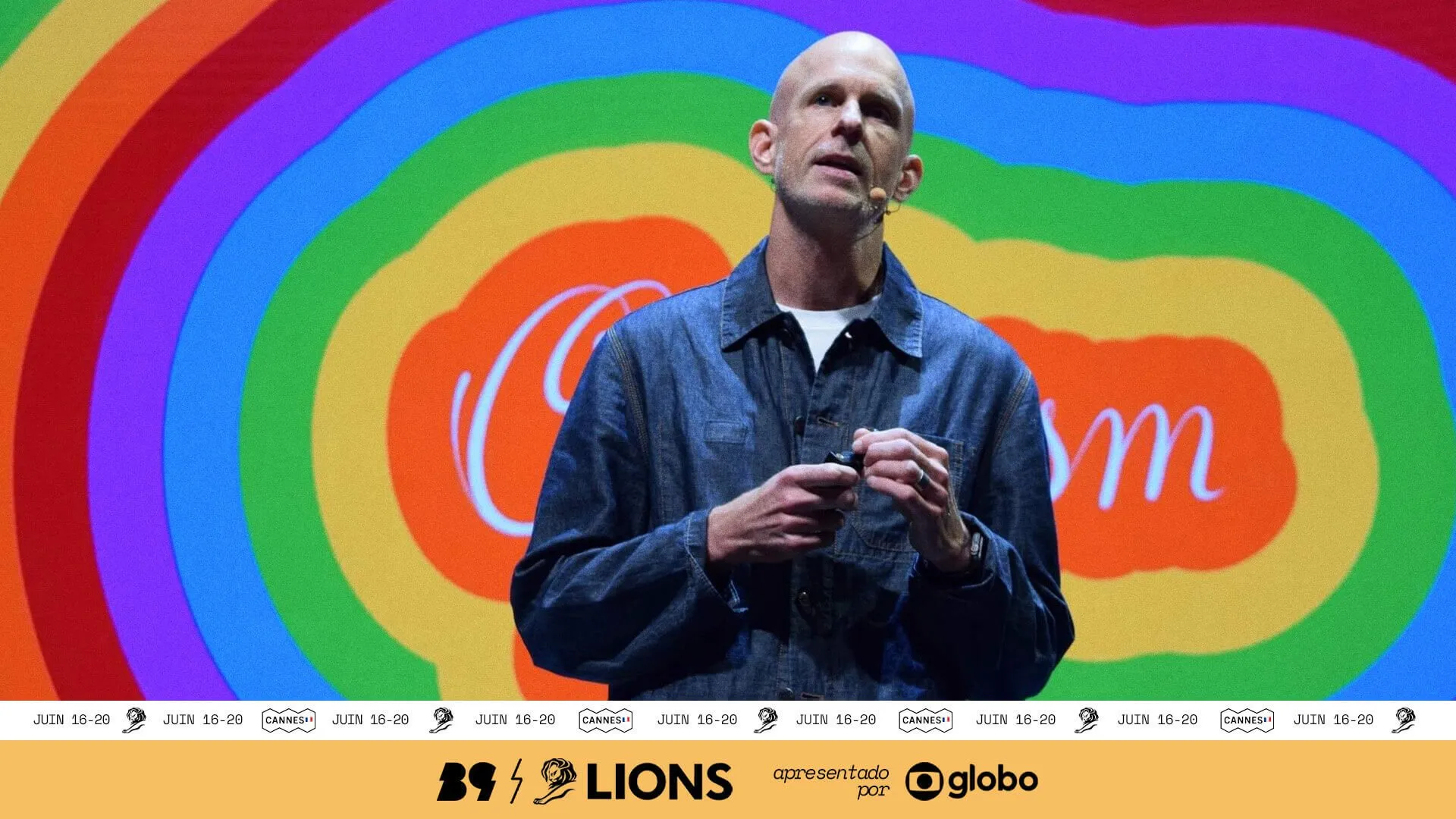

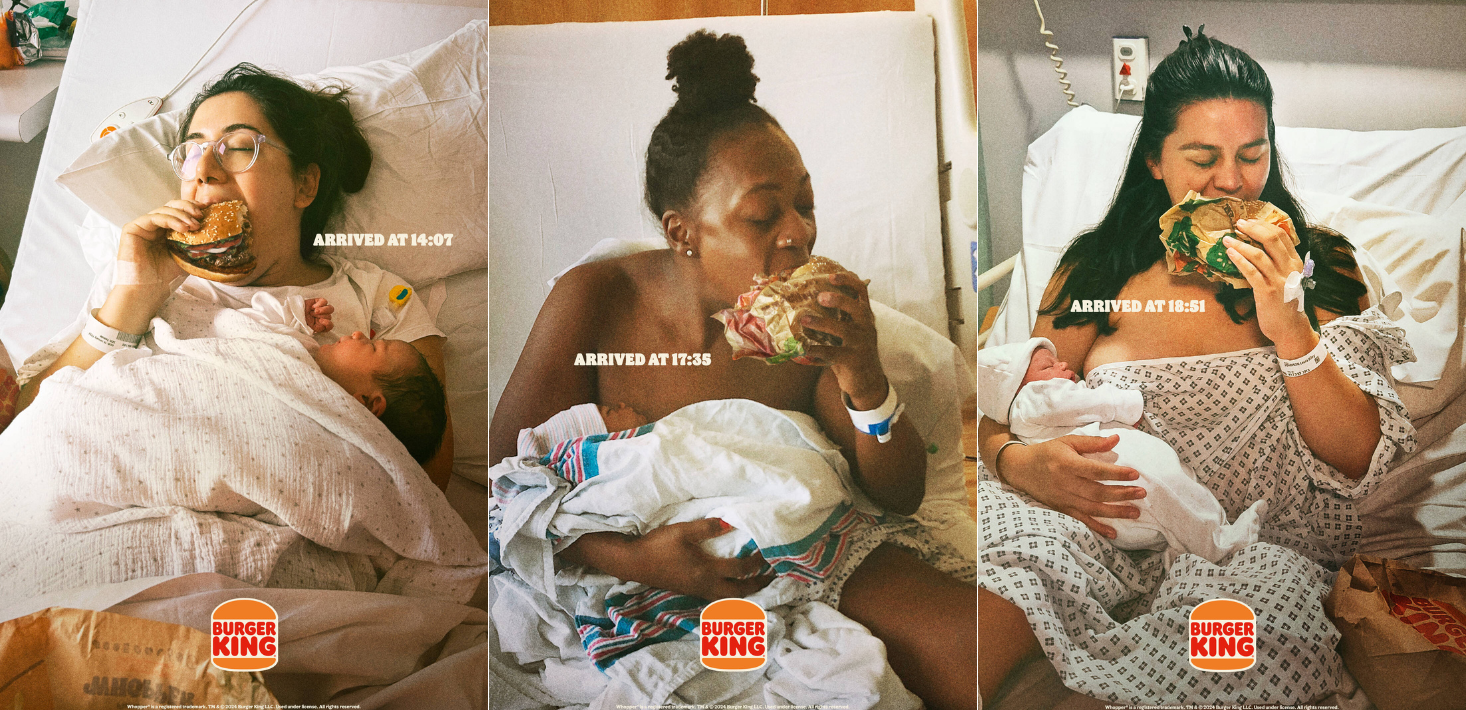



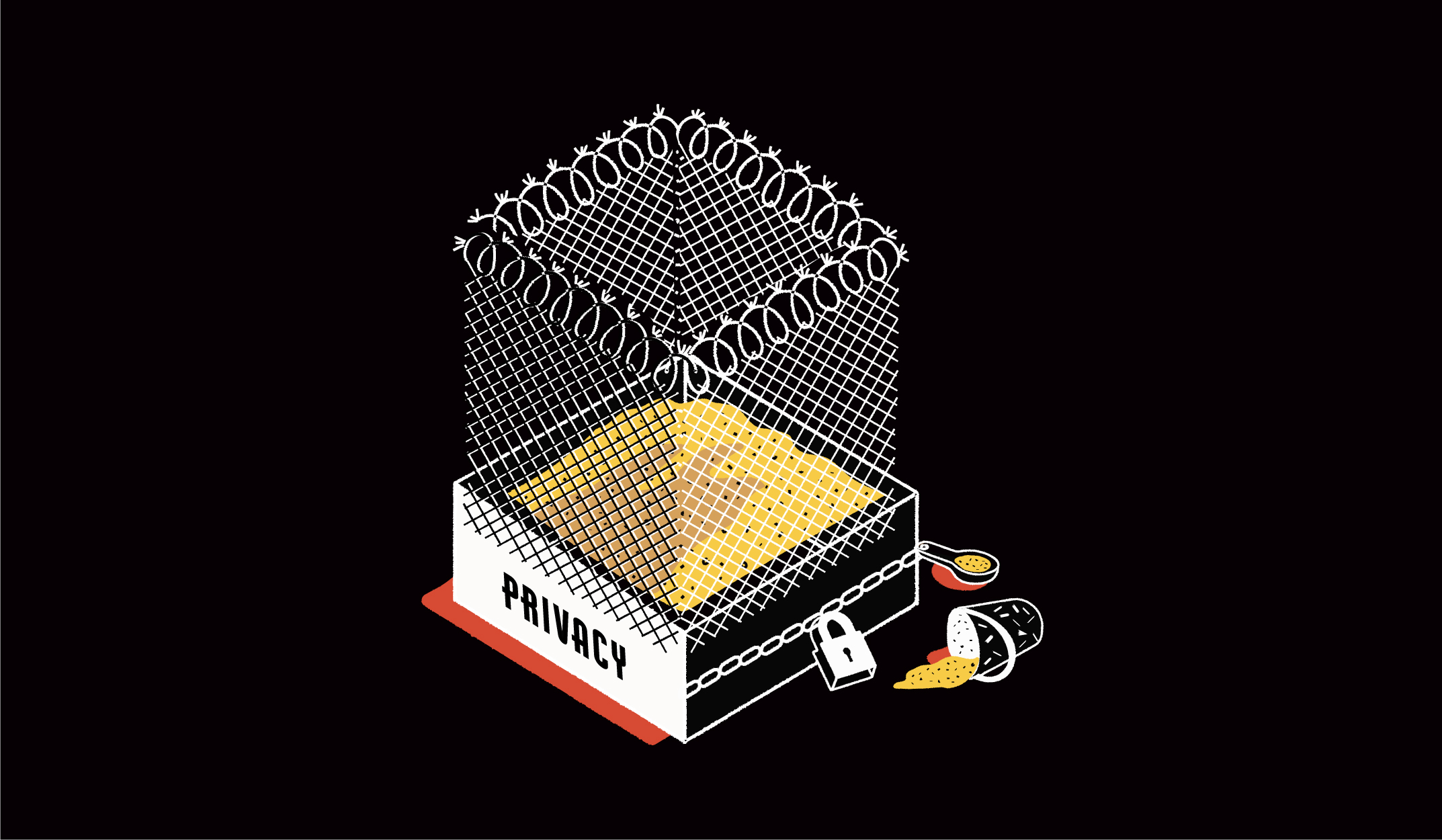

![Brand and SEO Sitting on a Tree: K-I-S-S-I-N-G [Mozcon 2025 Speaker Series]](https://moz.com/images/blog/banners/Mozcon2025_SpeakerBlogHeader_1180x400_LidiaInfante_London.png?auto=compress,format&fit=crop&dm=1749465874&s=56275e60eb1f4363767c42d318c4ef4a#)

![How To Launch, Grow, and Scale a Community That Supports Your Brand [MozCon 2025 Speaker Series]](https://moz.com/images/blog/banners/Mozcon2025_SpeakerBlogHeader_1180x400_Areej-abuali_London.png?auto=compress,format&fit=crop&dm=1747732165&s=beb7825c980a8c74f9a756ec91c8d68b#)
























![The 11 Best Landing Page Builder Software Tools [2025]](https://www.growthmarketingpro.com/wp-content/uploads/2024/04/best-landing-page-software-hero-image-1024x618.png?#)





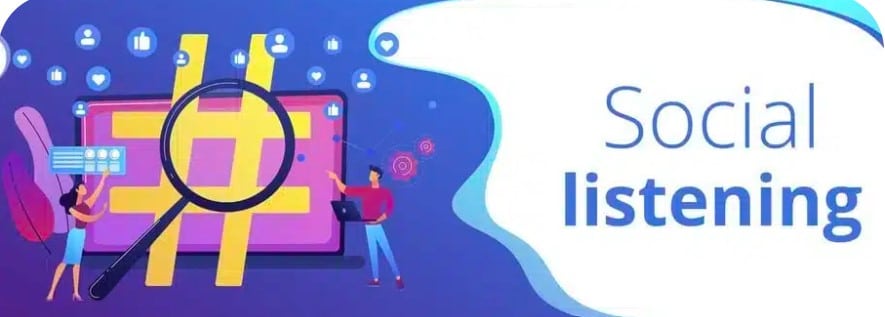















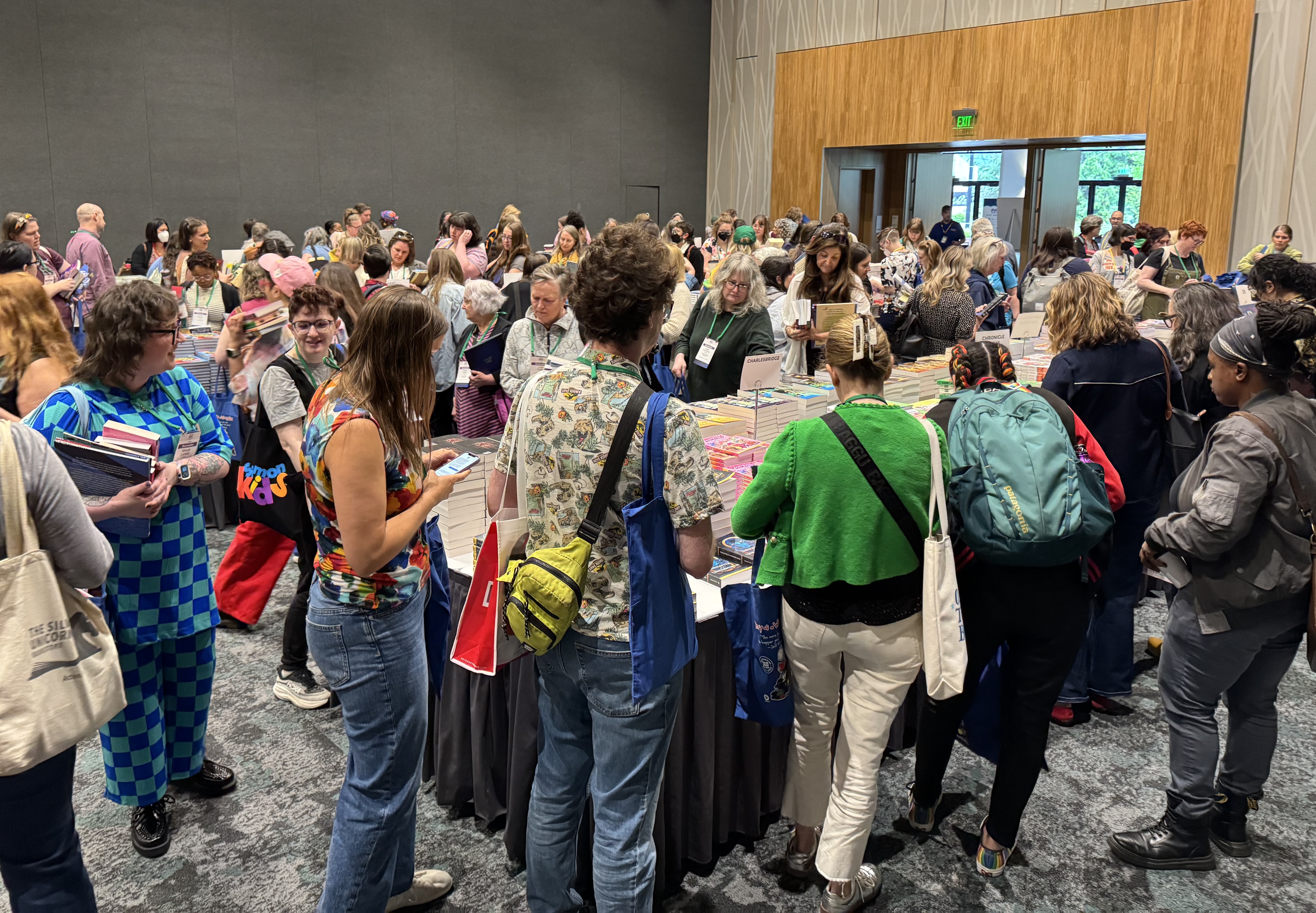
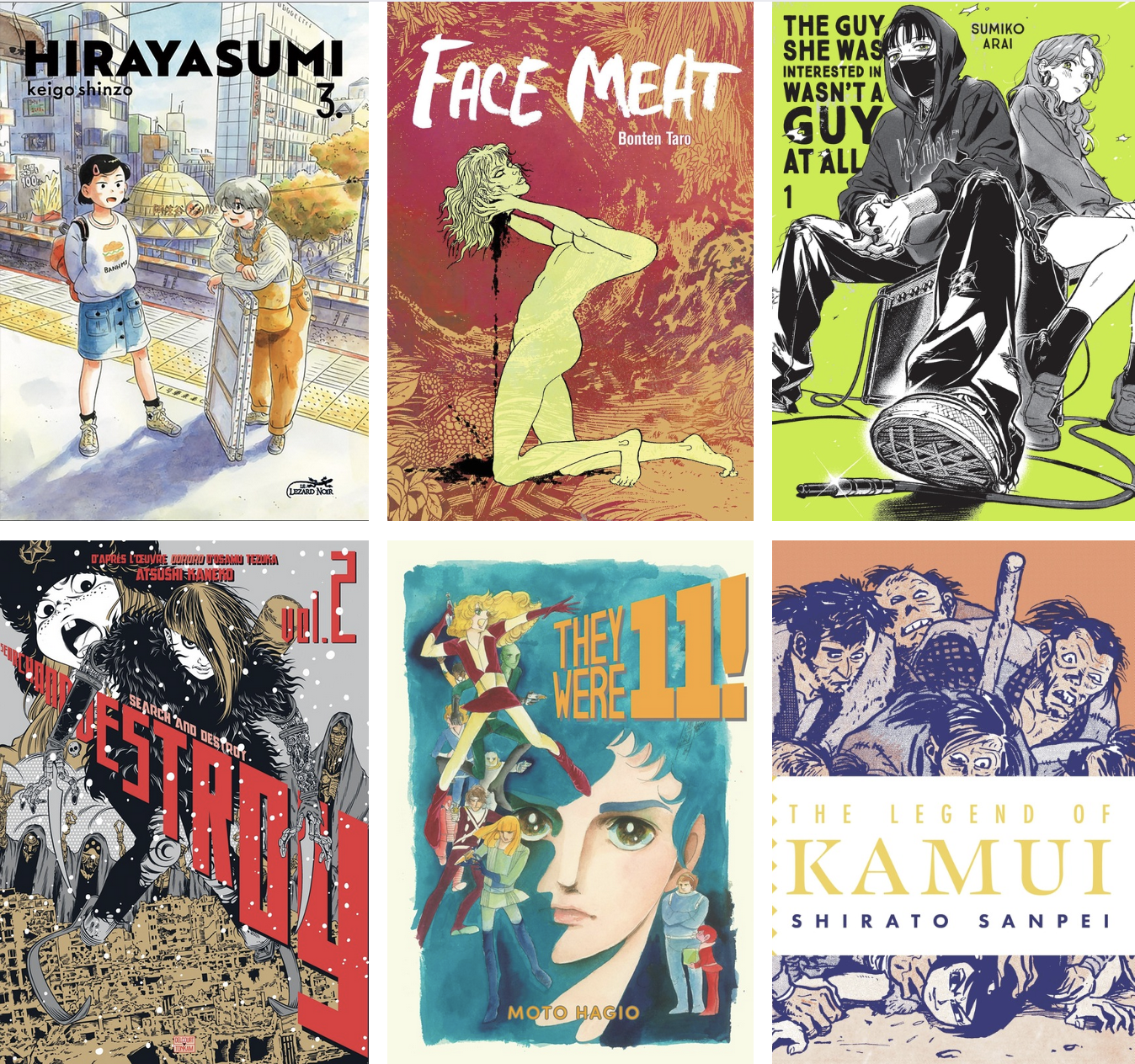













![Websites Using AI Content Grow 5% Faster [+ New Research Report]](https://ahrefs.com/blog/wp-content/uploads/2025/06/websites-using-ai-content-grow-5-by-ryan-law-data-studies.jpg)

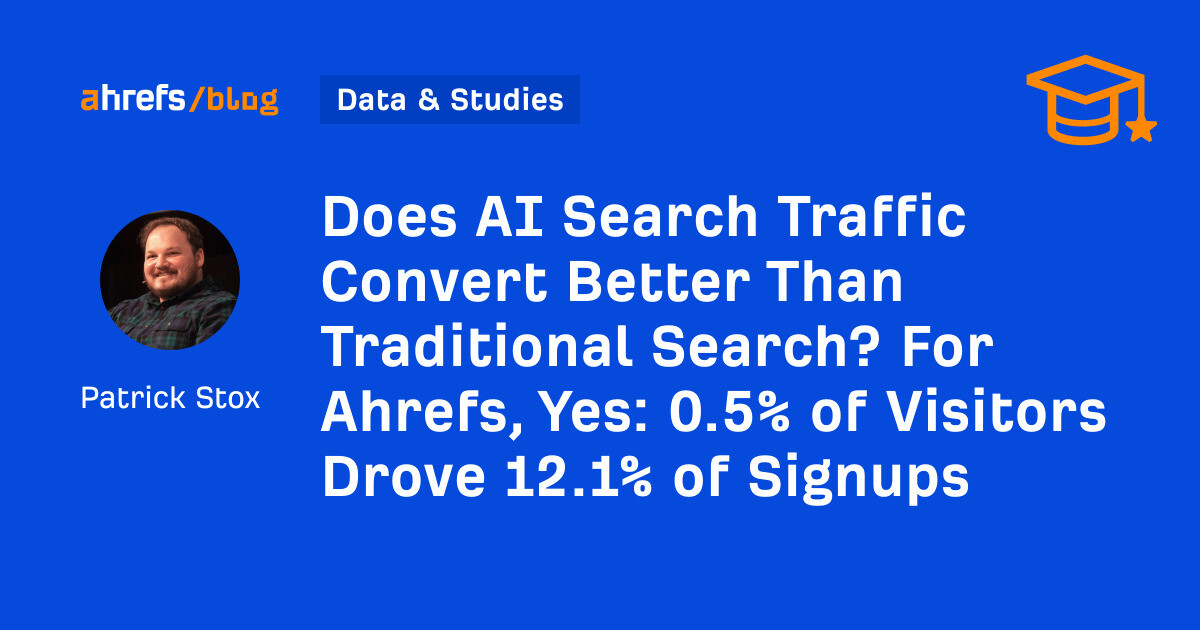

![How to Create an SEO Forecast [Free Template Included] — Whiteboard Friday](https://moz.com/images/blog/banners/WBF-SEOForecasting-Blog_Header.png?auto=compress,format&fit=crop&dm=1694010279&s=318ed1d453ed4f230e8e4b50ecee5417#)
![How To Build AI Tools To Automate Your SEO Workflows [MozCon 2025 Speaker Series]](https://moz.com/images/blog/banners/Mozcon2025_SpeakerBlogHeader_1180x400_Andrew_London-1.png?auto=compress,format&fit=crop&dm=1749642474&s=7897686f91f4e22a1f5191ea07414026#)























![Brand pitch guide for creators [deck and email templates]](https://blog.hootsuite.com/wp-content/uploads/2022/06/brand-pitch-template.png)




![8 ways to use AI in digital marketing [+ examples]](https://www.hubspot.com/hubfs/Google%20Drive%20Integration/ai%20marketing_32023-4.png)




















